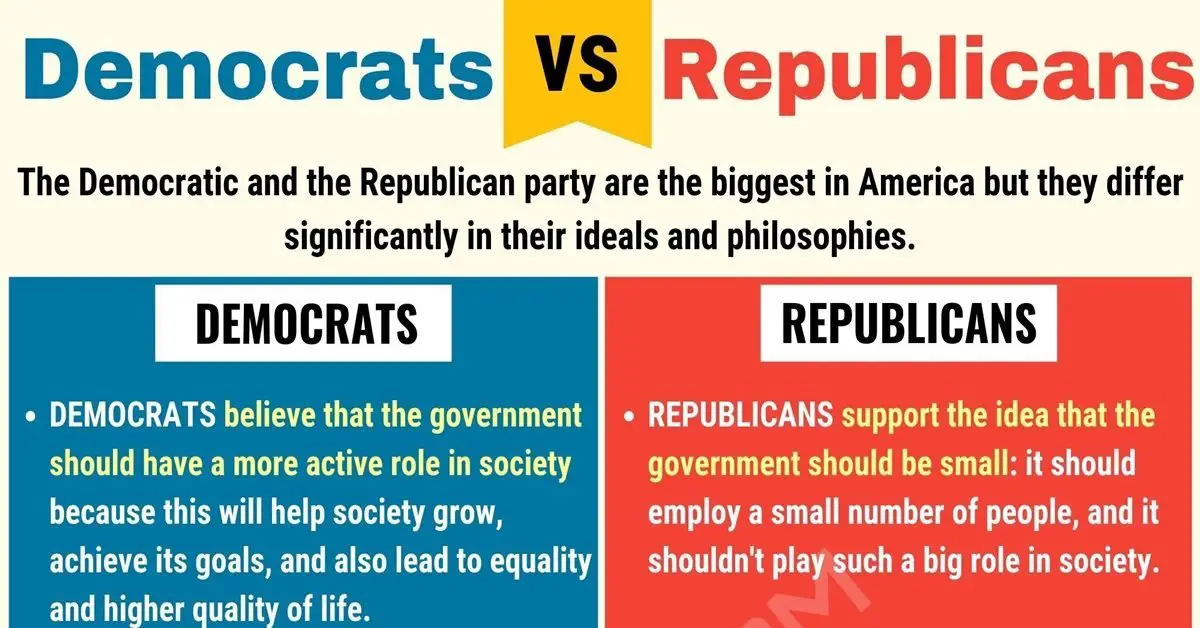
When it comes to politics, two terms commonly used are democracy and republic. Most people think these two terms are interchangeable, but that’s not the case. They have different meanings, and in this article, we’ll explore the differences between democracy and republic.
Definition of Democracy

Democracy is a form of government in which the power is vested in the people. The people exercise this power through a system of representation, direct voting, or a combination of both. The word democracy comes from two Greek words, demos which means "people" and kratos which means "power".
In a democratic system, the majority rules, and the minority has the right to dissent. The government is accountable to the people, and the people have the right to free speech, free press, and freedom of assembly. In this system, the laws and policies are made by the elected representatives who are accountable to the people.
Definition of Republic

Republic is a form of government in which the people exercise their power through elected representatives. The word republic comes from the Latin word res publica which means "public affairs".
In a republic system, the power is not directly vested in the people, but in their elected representatives. The representatives are accountable to the people, and they make laws and policies on behalf of the people. The government is based on a constitution, which outlines the rights and responsibilities of the people and the government.
Differences between Democracy and Republic

Now that we have defined democracy and republic, let’s explore the differences between them.
The main difference between democracy and republic is in the way the power is exercised. In a democracy, the power is vested in the people, and they exercise it directly or through representatives. In a republic, the power is vested in the elected representatives, and they exercise it on behalf of the people.
Another difference is in the scope of power. In a democracy, the power is limited to the majority, and the minority has the right to dissent. In a republic, the power is limited by the constitution, which outlines the rights and responsibilities of the people and the government.
One more difference is in the election process. In a democracy, the representatives are elected through direct voting. In a republic, the representatives are elected through a system of representation, such as electoral college or parliamentary system.
Examples of Democracy and Republic

Now, let’s look at some examples of democracy and republic.
The United States is an example of a republic. The power is vested in the elected representatives, and they make laws and policies on behalf of the people. The government is based on the constitution, which outlines the rights and responsibilities of the people and the government.
India is an example of a democracy. The power is vested in the people, and they exercise it through direct voting or a system of representation. The government is accountable to the people, and the people have the right to free speech, free press, and freedom of assembly.
Conclusion
In conclusion, democracy and republic are two different forms of government, and they have different meanings. In a democracy, the power is vested in the people, and they exercise it directly or through representatives. In a republic, the power is vested in the elected representatives, and they exercise it on behalf of the people. Understanding these differences is crucial for anyone interested in politics.